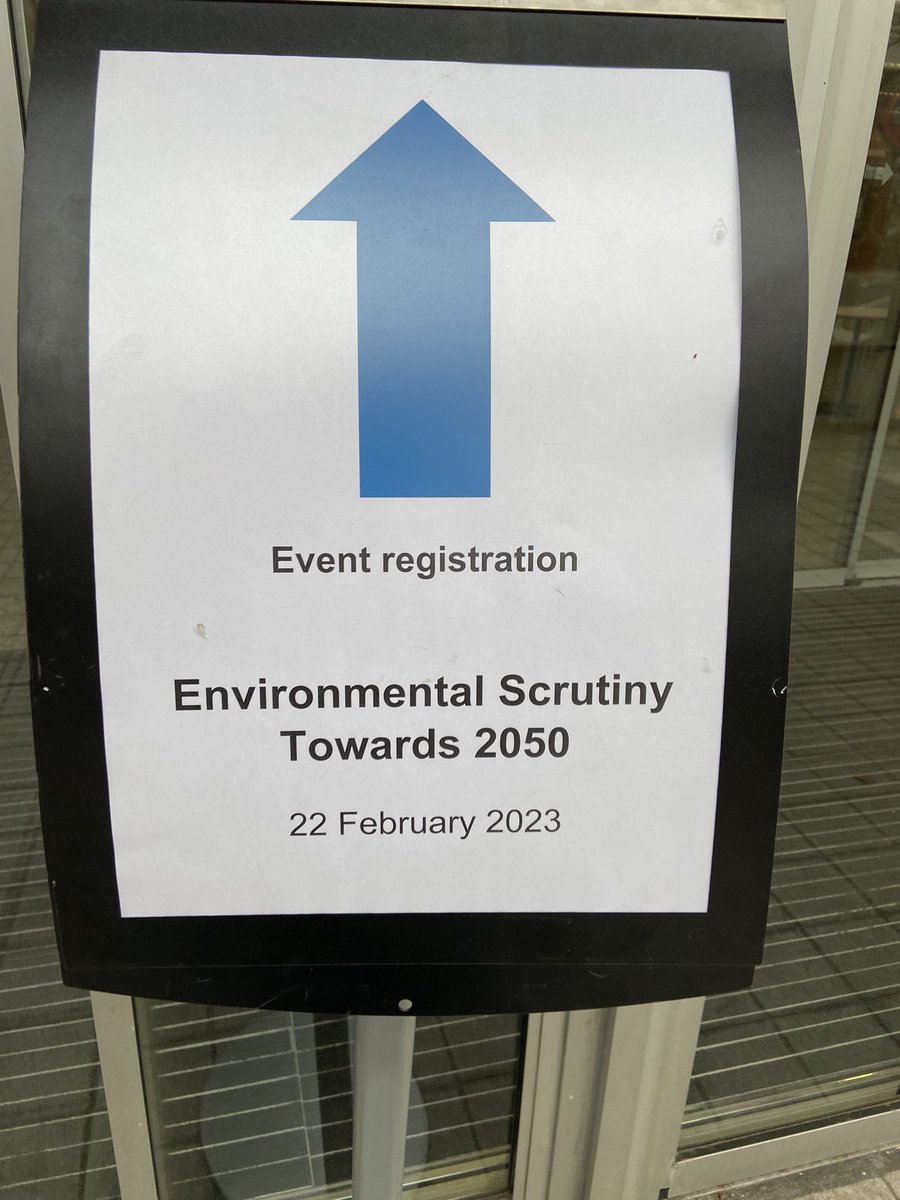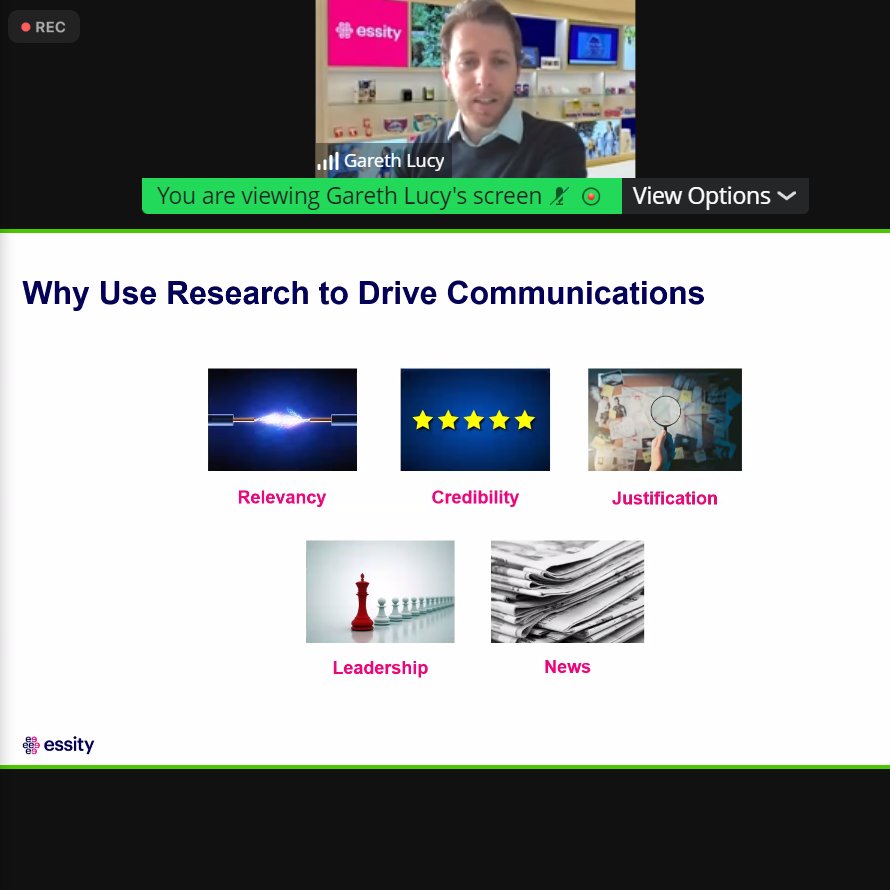
Looking forward to what should be an interesting debate on the transition to Net Zero, and what role Water Conservators & Livery Companies can play in achieving those goals #CombustionTransition 

The speaker @atkinsglobal's Prof Simon Spooner opens his presentation by saying that the current debate around climate change "focuses too much on the symptoms not the cause" (e.g. rising temperatures rather than over-reliance on combustion) #CombustionTransition
Spooner welcomes the introduction of the concept of #NetZero. While he thinks the concept is well explained and has good public buy-in, he acknowledges that it is still loosely defined & can be hard to quantify how far we are on in the journey #CombustionTransition 

Spooner instead proposes a Combustion Transition Framework™️. He explains how fire "can only happen where there is life", with fossil fuels only existing because of previous life. Says we are currently consuming more than has been created for us #CombustionTransition 

Spooner hypothesises we therefore have to move away from using combustion to using non-combustion systems towards systems that are less impactful on the biosphere #CombustionTransition
Spooner then gives a potted history of humanity's relationship with the biosphere - going from one of living harmoniously with nature, towards learning to tame & consume it, eventually industrialising & pillaring it #CombustionTransition
Eventually, Spooner concludes, this led to us learning to control combustion for heat, power, mobility & products, which led to a larger, healthier, wealthier and more urban-based human population, but also a more polluted & impoverished living world #CombustionTransition
Looking at the way forward, Spooner says we need to "embrace & enhance" the biosphere, rather than consuming it. In particular, we need to "bypass the biosphere" to get our energy & increase nature-based solutions to improve & enhance local ecosystems #CombustionTransition 

In particular, Spooner notes the potential of wastewater systems for providing decarbonised heat & energy, be it through heat capture or using activated sludge for energy #CombustionTransition 

Turning to nature-based solutions, Spooner calls for rebuilding life processes, changing last use and exploring how land can be used for public good to meet both human & non-human needs #CombustionTransition
This, Spooner argues, will require engaging multiple stakeholders, and will need to look beyond simple carbon reduction to help deliver on net zero and nature regeneration #CombustionTransition
Spooner now elaborates on the main ideas of the combustion transition. He explains at its core, it comes from the principle that humanity's "addition to combustion" is currently the main driver of our economy, but also the main driver of climate change #CombustionTransition
Spooner argues unlike carbon accounting, combustion systems are "closed systems" and are accountable as we know who owns them. Spooner argues that we now have non-combustion alternatives that meet our needs without harming the environment #CombustionTrastion 

Looking at how we transition to the non-combustion model, Spooner says it will be a case of transitioning "millions of small combustion chambers" to non-combustion models such as electricity. Says this will need to be done sector-by-sector #CombustionTransition 

The benefits of a Combustion Transition will be a more efficient economy. He argues that post-combustion civilisations & circular economy are still energy intensive, but also high growth. Says materials, not energy, would be the blocker to growth #CombustionTransition
Spooner also explains how a Combustion Transition is about the transition itself, not just the end goal of a system free of carbon combustion. Says this can be done in a phased manner, rather than "one great leap" to "de-combustion-ise" the economy #CombustionTransition
Turning to metrics, Spooner proposes 2 metrics:
i) The non-combustion metric: How far away we are from non-combustion in each sector
&
ii) Combustion accounting: Quantitative analysis of each combustion process
#CombustionTransition
i) The non-combustion metric: How far away we are from non-combustion in each sector
&
ii) Combustion accounting: Quantitative analysis of each combustion process
#CombustionTransition
To quantify the non-combustion metric, Spooner says we need to develop an understanding of which sectors are consuming the most energy & what sources of energies the use, allowing us to map each sector away from combustion to non-combustion alternatives #CombustionTransition
Spooner then explains the methodology behind combustion accounting, looking at how much energy different processes need, and how efficient different methods of power are at providing energy the sector needs #CombustionTransition
Spooner then gives a real example of the current 🇬🇧 economy based on current energy use, and what a transition to increased non-combustion use economy would look like #CombustionTransition 

In particular, Spooner says that there is significant returns on investment by electrifying and decarbonising our transport and housing. #CombustionTransition
On housing in particular, Spooner repeats that there is a clear role for #Water to play as an energy carrier, particularly on district heating, which he says is "significantly underexplored & underinvested" in terms of infrastructure #CombustionTransition 

On funding the combustion transition, Spooner says that demand side solutions are preferable, so public funds should be targeted where they will achieve the best returns. #CombustionTransition
Spooner also supports a "polluter pays" levy & carbon tax to fund R&D in de-combustion products and services and investing in supply chain resilience #Combustionransition
Spooner also says that we need to develop Combustion Capacity Regeneration as a concept, which will use biosphere enhancement to obtain services from less land. Energy & Water efficiency should also be considered #CombustionTransition
In summary, Spooner acknowledges that, while still in its infancy, he believes that the concept of a Combustion Transition offers something better than Net Zero & can lead to humanity "thriving sustainably" with others that share the Earth's biosphere #CombustionTransiton 

The webinar now moves on to a Q&A session #CombustionTransition
On a Q on why we should focus on demand-side reforms, Spooner says that this would allows regulators to more easily shape markets, which will create the demand and drive the change needed to create a non-combustion economy #CombustionTransition
When asked how the framework could be used to influence govt investment priorities, Spooner says the framework could be used to make more "directed mechanisms" than previous initiatives such as carbon taxes, which haven't always delivered behavioural change #CombustionTransition
On how to speed up heat delivery from wastewater, Spooner says there is potential from sewage heat - which has more energy in the warmth than all other energy sources. However, for it to be viable, schemes need to be rolled out over a larger area #CombustionTransition
In particular, Spooner says that the heat should be extracted shortly before discharge in to the river, as heat from sewage is having a major disruption on the ecosystem of local rivers #CombustionTransition
However, Spooner says heat from effluent will not be the "silver bullet" and will need to be part of a wider decarbonised heat network #CombustionTransition
On the efficacy of heat pumps in the UK, Spooner says air-sourced heat pumps as part of retrofits are a "non-starter". Can be useful for new-builds, where temperatures can be controlled, but majority of our existing heating stock is "designed to be heated" #CombustionTransition
As a result, Spooner says most homes will need warmer sources of heating than heat pumps, and "wrapping in insulation" would also have limited benefits #CombustionTransitions
Instead, Spooner calls for #water to be the central part of our heat & cooling networks, carrying heat from various sources (incl heat pumps) to our buildings in an efficient, non-combustion way #CombustionTransition
On the potential role of hydrogen, Spooner is sceptical. Says that there is concerns over the nitrous oxides that come from burning hydrogen, and there is a lot of energy lost when generating heat & energy from burning hydrogen with current technologies #CombustionTransition
Spooner says that our priority should be moving away from blue hydrogen towards green hydrogen #CombustionTransition
On a Q on tidal power & in particular if UK really can be a "world leader", Spooner says that tidal energy "has its place". While some of the technology can disrupt local ecosystems, he acknowledges the tech is getting better & Govt should support it #CombustionTransition
On gas from sewage sludge, Spooner says that while there is room for green gas from sewage sludge, energy from biogas is currently only around ~1% of total energy that can be extracted from wastewater #CombustionTransition
However, Spooner says that STWs need to do more to capture methane that is generated from its process. Also calls for more action to capture the nitrous oxides for reuse. Repeats main benefit from wastewater is heat #CombustionTransition
Final Q is on sea-based heat pumps for coastal communities. Spooner agrees there is huge potential for heat extraction, both from the sea and from inland rivers. However, says more research needs to be done on where & how is best to do that #CombustionTransition
On why countries like 🇸🇪 & 🇨🇳 seem to be further ahead on heat networks than the UK. Spooner hypotheses there is a history of more collective actions & investing in local infrastructure, but believes UK is now at a point to take advantage of district heat #CombustionTransition
Really interesting webinar on the transition to a non-combustion economy & the role the #Water sector could play in it. Thanks to Prof Simon Spooner for your insights, to @RobCaseyWCT for chairing & @H2Oconservators for hosting! #CombustionTransition
@threadreaderapp Unroll please
• • •
Missing some Tweet in this thread? You can try to
force a refresh











